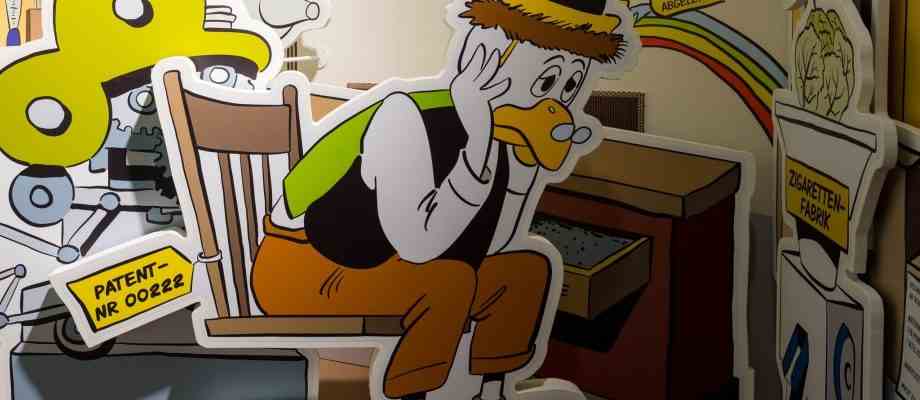How innovative is Germany actually? Not that easy to measure. Therefore, it often remains with rather anecdotal observations. Patent applications are an important and easily measurable indicator. The figures from the German Patent and Trademark Office (DPMA) for 2022 are not exactly encouraging.
The number of patent applications did not fall as sharply as in the Corona years 2020 and 2021. But two things stand out: foreign applicants submitted significantly more inventions than in previous years, while German inventors submitted fewer. And while the patents from Germany come mainly from the classic domains – automotive and mechanical engineering – information technology is dominating more and more internationally.
DPMA President Eva Schewior doesn’t think that’s a good sign: “The structural change in the innovation landscape is picking up speed.” Digitization, automation and artificial intelligence as well as battery technology played an increasingly important role. “In terms of the number of patent applications, this development is currently not exactly in favor of Germany.”
A patent is not granted for everything that is registered for a patent. On the one hand, this depends on whether the submitter also has it checked. Only after this procedure does the DPMA decide whether a patent will be granted and, if so, with what restrictions. Applicants have seven years to apply for this examination.
More test applications from abroad
The number of examination requests from German applicants also fell. While 6.6 percent fewer such applications were made from Germany, the number from foreign applicants was 6.8 percent more. In absolute numbers, Germany still leads with examination applications at the DPMA. What is remarkable, however, is that Chinese inventors submitted 23.6 percent more applications for patent examinations, while American inventors still submitted 16.2 percent more.
The structural change is not only noticeable between IT and the automotive industry or mechanical engineering, but also within this segment. Registrations for new inventions in engines, pumps and turbines fell by almost 18 percent – an indication of the foreseeable end of the internal combustion engine in automobile construction. However, the ten German companies with the most patent applications all come from this more traditional sector.
The field is led by Bosch, followed by BMW and the automotive supplier ZF. Among the federal states, Baden-Württemberg (13,444, -0.9 percent) is still well ahead of second-placed Bavaria (10,548, -11.2 percent). So the gap has increased significantly. The third-placed, North Rhine-Westphalia (5292) achieved only half of the Bavarian value, the final trio are Saarland (137), Saxony-Anhalt (122) and Bremen (105).

